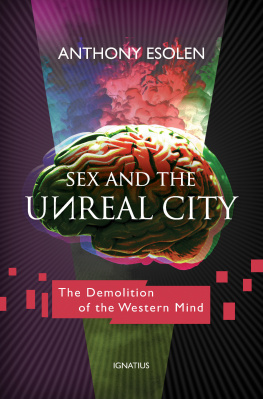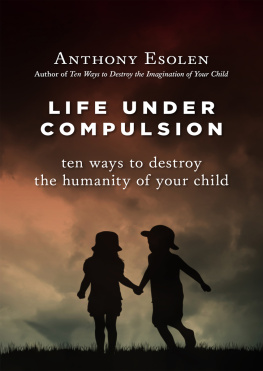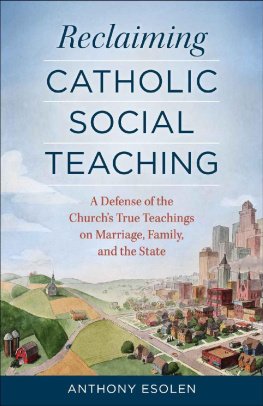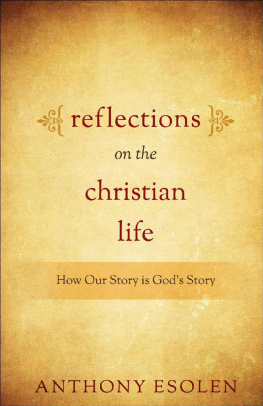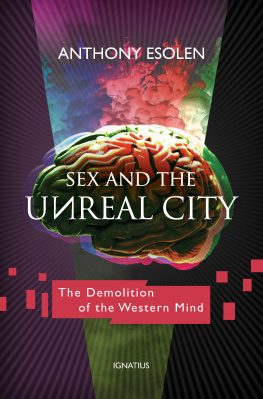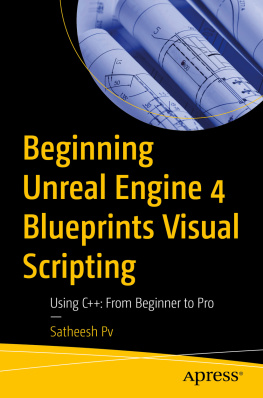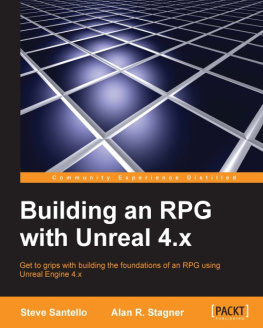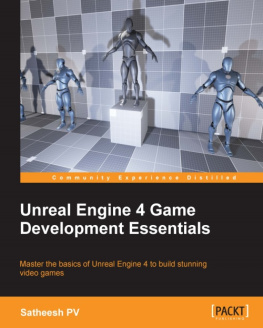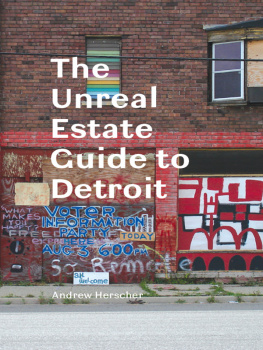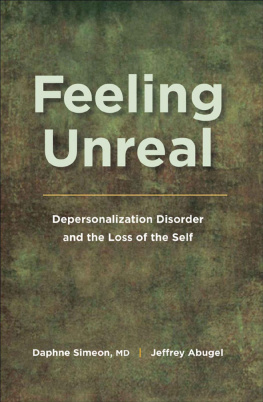Sex and the Unreal City
ANTHONY ESOLEN
Sex and the Unreal City
The Demolition of the Western Mind
IGNATIUS PRESS SAN FRANCISCO
Cover design by John Herreid
2020 by Ignatius Press, San Francisco
All rights reserved
ISBN 978-1-62164-306-7 (PB)
ISBN 978-1-64229-129-2 (eBook)
Library of Congress Control Number 2020935528
Printed in the United States of America
Preface
The initial plan for this book was simple enough, though not perhaps straightforward. I was going to put together some dozens of essays I had written for the website Mere Comments, which is sponsored by the journal Touchstone, for which I have written essays since 2003. I would flesh out the essays and provide connective tissue, and so the thing would be born.
Some of the material here does come from my old writing, then, but most does not. That is because, the more I wrote, the more urgently did I feel the need to address the unreality of our time, which seems like a bottomless crater. Every time we reach a new low, and we think to catch our breath and try to find a way up the crater walls, the floor collapses again beneath us, and we are lower than ever before. Many have said to me, Surely modern man must now see that he cannot logically hold these positions at once. You cannot, logically, say that there are no differences between a man and a woman, and that somebody can be a woman trapped in a mans body. But who ever said that a commitment to unreality was going to be logical? In fact, the more that a commitment flies in the face of what is obviously real, the more perplexed the knots you must tie yourself up in to hold it, the more fiercely will your commitment be, and when the crater caves in again, you will be glad, glad indeed, because each new offense to reason and reality will startle the world, and you will enjoy that small interval of apparent rest. Because the world can hardly address the new unreality when it has not yet recovered from the old one.
George Orwell once wrote that if you hear everyone in the newspapers saying something, you can be reasonably sure it is false. Orwell did not have the advantage of the internet, which spreads lies at the speed of light, and multiplies them by millions a day. I take for granted that if everybody is saying something, and if that something is not part of the universal heritage of man, it is almost certainly false; and it is usually a falsehood too, a conscious lie, or a lie that has so deeply embedded itself into the mass mind that we accept it as we breathe in bad air.
My sense of the task at hand, then, sharpened as I wrote. We dwell in Unreal City. We all dwell there. We have all been dulled and deadened by the unreal. But if God is real, then to turn away from God is to leap into unreality, and that is pretty much the definition of evil. To believe in God, but to pretend for the sake of political action or moneymaking or schooling or marriage that he is not real, is to tell yourself a convenient lie, and to compromise the integrity of whatever good you are setting out to do. For we must always return to the questions of fact. If God exists, then the city that does not know God can hardly be expected to know itself. If good and evil exist, then all the bigots in the world will not change the fact, whether the bigots hold to what is good for the wrong reasons, or for understandable reasons hold to what is evil. The prussic acid is deadly and does not care for your opinion. If man and woman are what they are, attempts to fashion a society that denies that reality will be like trying to build a skyscraper out of cotton candy. It will hardly have enough of an essence even to collapse.
The problem is not that people are dull. Clever people who begin from false premises will produce monsters. The problem is not even that our hold upon reality is slender. It has never been firm. It is that now, in our supposedly enlightened time, we have declared that an insistence upon reality is to be condemned. We do not therefore believe things that are false. We believe in falsehood. We do not merely believe in gods that do not exist. We believe in un-being. Some people call themselves Christians but believe in believing, as if God were a hobby, or a convenience, like a public restroom. Some people, atheists, believe in unbelieving, as if they could evade the questions of Gods existence, and of the reality of good and evil, and of the nature and the destiny of man, by smirking and scoffing like ill-bred adolescents. I aim to call them out.
I believe in the Father, the Son, and the Holy Spirit. They are the rock of Truth. That is a claim as to fact. Cities can be built upon rock. Nothing can be built upon the lies we tell ourselves now. But we hunker down in Unreal City, and this book is a critique of its walls that do not stand, its towers that lean and creak, its doors that neither open nor close, its citizens that are not citizens, and its essence, which is the thing that is not.
1
Unreality 101
I am looking at a book. It is hefty, clothbound, more than a thousand large two-columned pages, with print that is small and smaller, and plenty of black-and-white pictures. Inside it I find various forms of mans encounter with reality, including the reality of his own being, and of God.
In the book there is a matter-of-fact, cut-by-cut, fall-by-fall account of an attempt by three men to scale Mount Saint Elias, the second-tallest mountain in North America, and perhaps the most dangerous to climb, because its nearness to the ocean makes it subject to swings of bad weather, to snowstorms and the more dangerous melting of snow, with avalanches, and crevasses of hundreds or thousands of feet lurking beneath what looks like a flat white plain. The climbers did not make it to the summit. Six men from the party of explorers did not even make it to shore but were drowned when their boats capsized in a storm off Yakutat Bay.
There is a long appreciation of the poetry of the nineteenth century, not only in English but in French, German, and Italian, full of subtle analysis of the subjective spirit of Romanticism, what it offers and what it threatens to overpower or distort. Readers are expected to know who Byron was and what his poetry was about, and Shelley, Keats, Wordsworth, Tennyson, Arnold, Mrs. Browning, Lamartine, Daudet, Hugo, Heine, Leopardi, Goethe, and many more.
There are short stories, and new entries in serialized novels, eagerly awaited by people who had been following along for months. There are essays on the Civil War, most written by the combatants themselves. There are essays on the art of the Renaissance masters Carpaccio and Luini, the organization of German cities, the Chicago Worlds Fair in 1893, and far more, far more. No book like it is published now. I suppose that many college professors would find it daunting to read, and for most college students it would be incomprehensible, just because of the great funds of general knowledge its many and various authors expected literate people to possess. But it was not written for the college educated. I would wager that half of its authors themselves were not college educated. It is a bound volume of six months of the Century Magazine, from June through November 1892.
The most fundamental thing that separates its readers from us is that even a rich man in 1892 had daily encounters with the sweet and stubborn rocks and trees of reality. If you were in New York and you wanted to get to Boston, you rode a horse or you took a train, and either way, you had reality, big and strong and sometimes dangerous, to reckon with. The horses needed constant care. They needed to be fed, watered, and curried. The horse had no check stomach light. No alarm alerted you to the crack in the wooden carriage wheel that would give way when you hit the next sharp stone. The train was furious, and furiously hungry for fuel. Men, perfectly black with the smoke and dust, made a living shoveling coal into its belly. At every rail station you saw men, and so too on the rails themselves. The bell that let you know it was time to depart reminded you of the sledgehammers that drove in every spike for every tie, for thousands of miles all across the nation.
Next page
